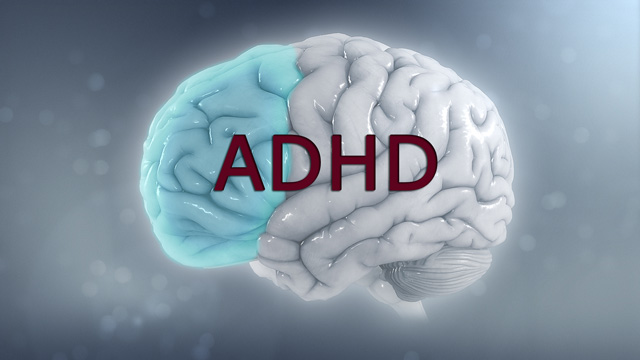 Attention-deficit/Hyperactivity disorder affects people of all ages but is usually diagnosed during childhood or adolescence. Unfortunately, there is no medical or diagnostic laboratory test for ADHD. Thus, it is important that an individual is given a comprehensive assessment of current symptoms, before a diagnosis of ADHD is conferred.
Attention-deficit/Hyperactivity disorder affects people of all ages but is usually diagnosed during childhood or adolescence. Unfortunately, there is no medical or diagnostic laboratory test for ADHD. Thus, it is important that an individual is given a comprehensive assessment of current symptoms, before a diagnosis of ADHD is conferred.
To begin, a thorough medical examination is necessary to identify other conditions that may be responsible for the symptoms of inattention and hyperactivity (i.e. seizure disorders, or thyroid dysfunction). Hearing and vision assessments should be included in the examination.
When a medical causation has been ruled out, a Psychologist or Psychological Associate will conduct a clinical interview. This process involves evaluating present signs and symptoms, collecting information regarding family history, and exploring if ADHD symptoms are pervasive across a variety of environments. Using rating scales, information is collected from a variety of sources (e.g. home, academic, social, and vocational environments). Parents, teachers, and work supervisors or colleagues can be quite helpful in this regard.
Psychological testing is recommended by the American Psychiatric Association (APA) in order to distinguish ADHD from other mental health disorders.
Intelligence and achievement testing is used to explore the possibility of a learning disability that could better explain the difficulties with attention. Visual and motor integration tests should also be administered, as individuals with ADHD may demonstrate coordination difficulties, impaired motor skills, and hand-eye coordination problems.
Additional tests, specific to the measurement of an individual’s short-term memory and attention abilities, can help obtain a better sense of a person’s attention skills and weaknesses. Tests that measure continuous performance evaluate an individual’s ability to sustain focus on a task, and also, their ability to attend to relevant information and ignore or “tune out” nonessential information. Deficits in both “sustained attention” and “selective attention” are notable in individuals with ADHD.
Finally, it is important to examine emotional and personality features when assessing ADHD. In adults, symptoms of ADHD may be manifestations of other mental health disorders, such as depression, an anxiety disorder, bipolar disorder, or obsessive-compulsive disorder. In children, mood or anxiety disorders may be occurring, as well as conduct or oppositional defiant disorders.
When the assessment is completed, the practitioner will then integrate all these pieces of information and, using accepted clinical guidelines, provide feedback as to whether or not the individual meets criteria for ADHD. Regardless of the outcome of the assessment, a qualified health professional will provide treatment recommendations and follow up with all parties involved.
Dr. Sean Kerry is a Registered Psychologist who provides individual therapy for adolescents and adults. Sean also provides a broad range of psychological assessments for adolescents and adults.
Sara Kapler has a Masters Degree and is registered with the Ontario College of Psychologists. She provides individual and family therapy and psychological, psycho educational and psycho vocational assessments.

